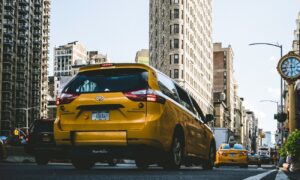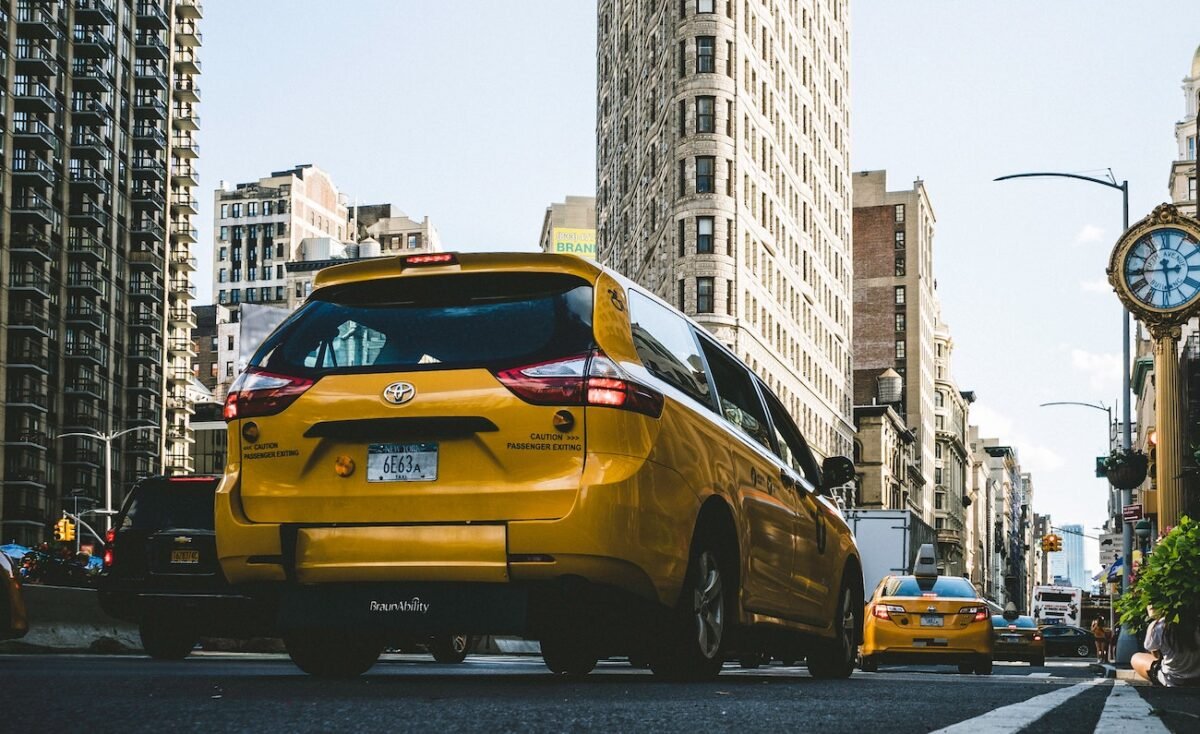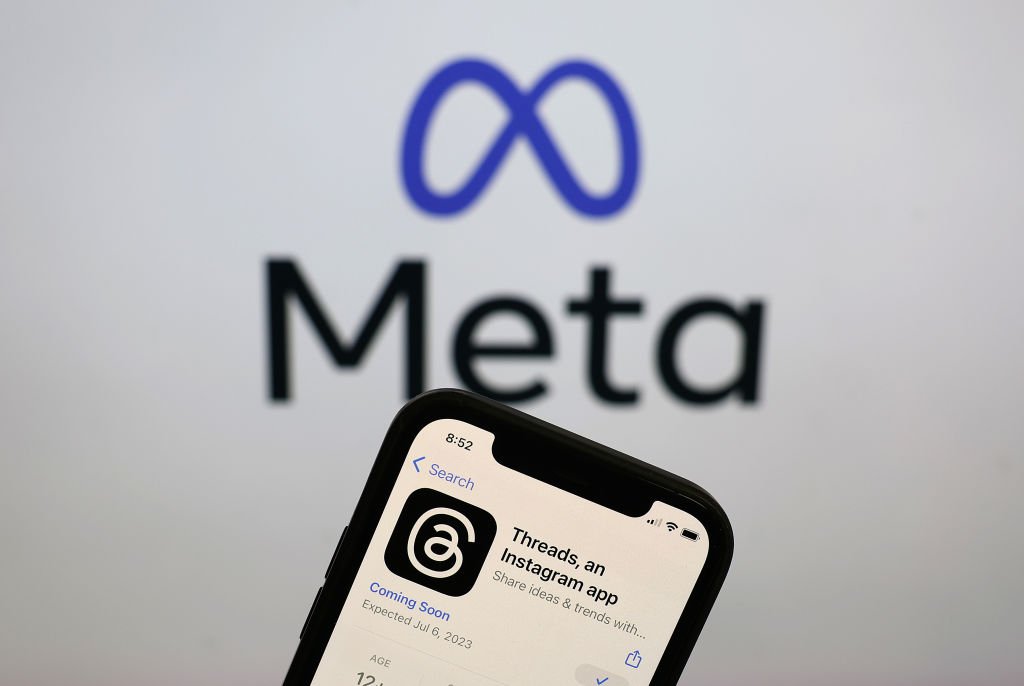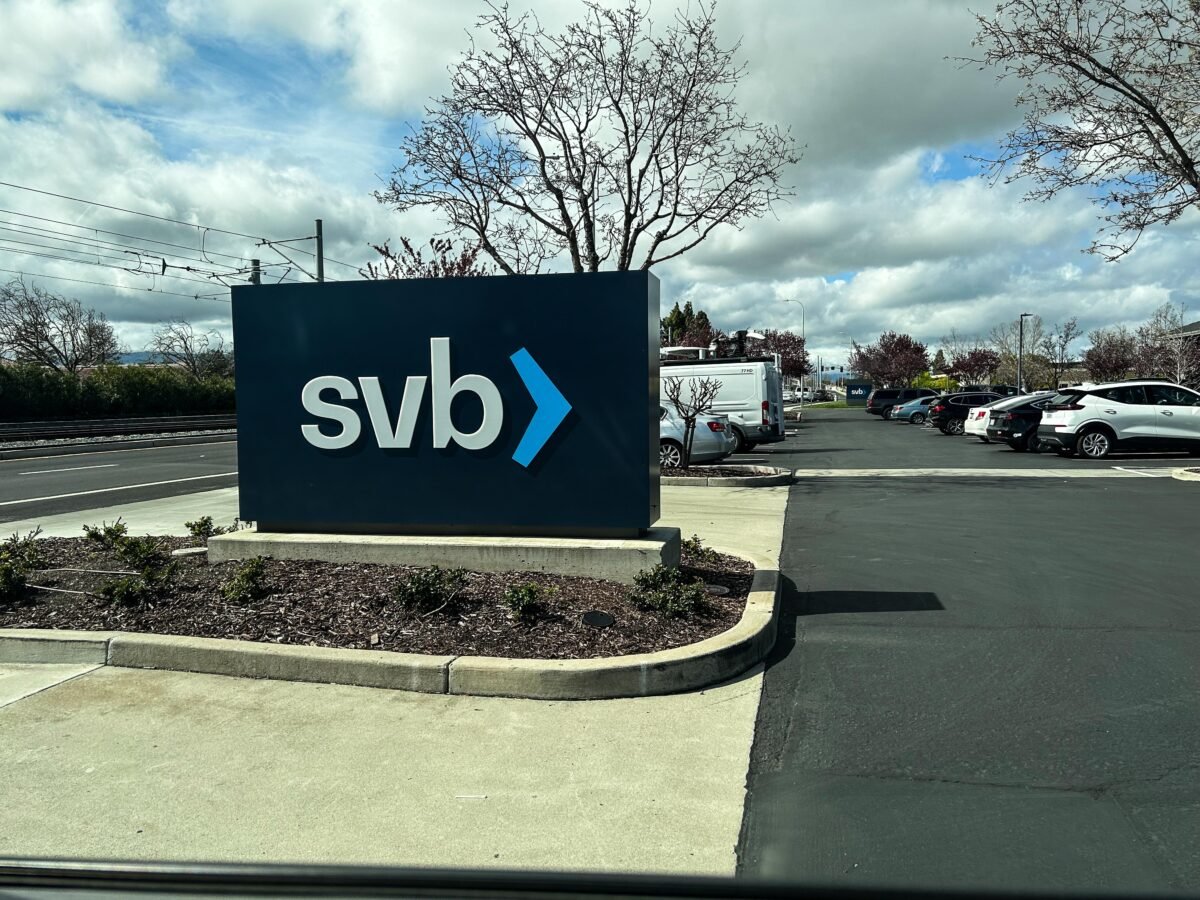‘Congestion Pricing’ To Toll Drivers Moves Closer to Reality In New York

New York City may start charging drivers traveling below Midtown Manhattan extra fees for congestion as early as April 2024.
After years of heated debate, the NYC congestion pricing plan is expected to get final approval from the federal government next month.
Urban commuter fees have been a pet project for environmentalists, urban planners and transit advocates nationwide for years.
Critics of the plan say it penalizes drivers who already pay high tolls to get into Manhattan and those who live in the tolling zone as an additional drain on their budgets.
Former NYC mayor, Michael Bloomberg, attempted to push such a plan almost two decades ago but failed after tough opposition.
New York State authorities expect it will lower traffic and help the MTA improve its transit system while raising $1 billion yearly in fees.
All vehicles that enter or remain in Manhattan’s Central Business District (CBD) will be tolled.
The CBD Tolling Program is the first of its kind in the United States and will charge E-ZPass holders driving south of 60th Street as much as $23 with higher rates for vehicles without E-ZPass.
Singapore has charged drivers since 1975, along with Stockholm in 2007 and in parts of Milan in 2012, while fees have been in effect in central London since 2003, according to Bloomberg.
MTA Hope Revenue Will Be Raised From NYC Congestion Fee Plan
The Metropolitan Transportation Authority (MTA), which is in charge of New York State’s subways, buses and commuter rail lines, released its final environmental assessment for the program on May 12.
The plan will also include new concessions for low-income motorists and Uber and Lyft drivers.
The Federal Highway Administration (FHWA) issued a statement last week that the MTA’s application for the plan neared final approval.
The FHWA demanded price breaks for low-income drivers and taxis or for-hire vehicles more than once a day.
The public transit authority also agreed to spend $200 million over five years to address some of the concerns raised in the environmental review process.
Prior studies have allegedly shown that similar congestion programs could improve air quality.
Air quality concerns have been raised in NYC boroughs like the Bronx, which is expected to see more truck traffic from drivers trying to circumvent the new tolls.
The MTA expects the U.S. Department of Transportation to give final approval after a 30-day public review period from May 12, 2023, through June 12, 2023.
That significant step will allow construction to begin on tolling facilities.
Transit officials said that its vendor would have 310 days, after final approval, to set up cameras and new infrastructure in time for next spring.
“Congestion pricing means less traffic, cleaner air, safer streets, better transit,” Janno Lieber, the MTA’s chief executive officer, said during a media briefing about the plan on Thursday.
MTA officials expect to borrow $15 billion against the $1 billion the agency expects to earn yearly from congestion pricing.
Meanwhile, Lieber said he expects the tolling plan to face lawsuits.
“We studied the traffic intersections going down almost to Philadelphia, every possible air quality scenario, all the social justice and physical impacts,” Lieber said.
“I’m confident that if anyone challenges this, this is going to stand up and that we’re going to implement congestion pricing for New York.”
NY State and City Officials Expect Traffic to Ease Under New Program
The money-losing transit agency claims that additional funds to improve the dysfunctional and largest mass transit system will help promote equity by expanding access to the system.
The new funds will finance major capital projects such as expanding the Second Avenue Subway to 125 Street, updating the 120-year-old subway signal system, and additional elevators and escalators for stations to enhance accessibility.
A six-member Traffic Mobility Review Board will be appointed to determine the final tolling structure and other discounts or exemptions, with all meetings open to the public.
Drivers using an E-ZPass may pay as much as $23 during peak hours and $17 during off-peak periods for those not given exemptions.
The charges would vary depending on the time of the day and type of vehicle and state law requires the West Side Highway and FDR Drive to be exempt from the tolls.
The FHWA also requires that drivers making $50,000 per year receive a 25 percent discount if they cross into the zone more than 10 times a month, of which 16,000 drivers are estimated to be eligible, according to the MTA.
A state law passed in 2019 also said that those living in the zone who earn less than $60,000 a year will receive a tax credit for congestion pricing payments.
The MTA’s final environmental review also included lower overnight tolls than what was published last August, which will be 50 percent less than the cost to enter the zone during peak hours.
The agency is attempting to urge truck drivers to pay the new fee rather than bypass Manhattan and drive through the Bronx.
State officials estimate the CBD program will reduce the amount of vehicles entering Manhattan every day by as much as 20 percent and help boost falling mass-transit ridership.
Although subway ridership has steadily increased since its pandemic lows, weekday use is only about 70 percent of 2019 levels, according to MTA data.
Much of it can be blamed on horrifying incidents involving violent crime, drug use, homeless behavior, severe maintenance issues, and filthiness of the subway cars and stations.
Even with the congestion pricing, mass transit ridership may only reach 80 percent of pre-pandemic levels by the end of 2026, according to official estimates.
“This is a significant milestone, bringing us closer to a future where New Yorkers have cleaner air, better public transit and less traffic clogging our streets,” New York Governor Kathy Hochul said in a May 12 press release.
“This program is critical to New York City’s long-term success, ensuring our commuters and businesses are able to grow and thrive.”
New York Congestion Tolls Earn Bipartisan Critics
Meanwhile, the New York State GOP has long opposed a Manhattan pricing plan since it was proposed.
“Kathy Hochul continues to find new ways to drive up the cost of living and meddle in New Yorkers’ lives. First, she banned gas stoves. Now, congestion pricing will disproportionately harm lower-income New Yorkers and force all of the environmental impacts onto the outer boroughs. One more policy driving businesses and citizens out of our state,” State GOP Spokesman David Laska told The Epoch Times.
Rep. Nicole Malliotakis, the Republican Congresswomen from the NYC borough of Staten Island, said that congestion pricing would increase pollution and traffic in her district while adding financially penalizing her constituents.
Although Hochul strongly backs the plan, many of her fellow Democrats, like New Jersey Governor Phil Murphy, oppose the plan and have actively pledged to stop its implementation.
He said in a statement that New Jersey residents should not have to pay and face financial hardship for the MTA’s revenue troubles.
Rep. Josh Gottheimer, a Congressional Democrat from New Jersey, has vehemently opposed congestion pricing for years and has similar complaints as Malliotakis.
The congressman has formed a four-member caucus to oppose the tolls and announced this week he would send a formal complaint to federal officials during the MTA’s 30-day review period.
“Let me be clear, both over the next 30 days and beyond, we plan to fight and fight hard. Governor Murphy has already indicated that the state is looking at the legal options,” Gottheimer said at a May 11 press conference.
Many New Jersey rush hour commuters to central Manhattan already pay about $30 to $35 in round-trip tolls to use the New Jersey Turnpike and cross via a Hudson River bridge or tunnel, according to TollGuru.
Taxi drivers and mobile rideshare companies are also strong opponents of the proposals, despite the price breaks.
“The MTA’s solution for rideshare would be an infeasible logistical nightmare,” a spokesperson for Lyft said to Bloomberg in an emailed statement.
“Instead of burdening drivers further, the MTA should acknowledge that our industry has for years already paid them a congestion pricing fee and focus on ensuring the program is funded fairly across all who use our roadways.”
Economists have said if the fees are too high, driver volume will fall dramatically, and toll revenues will plummet, but if drivers are charged too little, there will be less money and traffic jams will continue.




